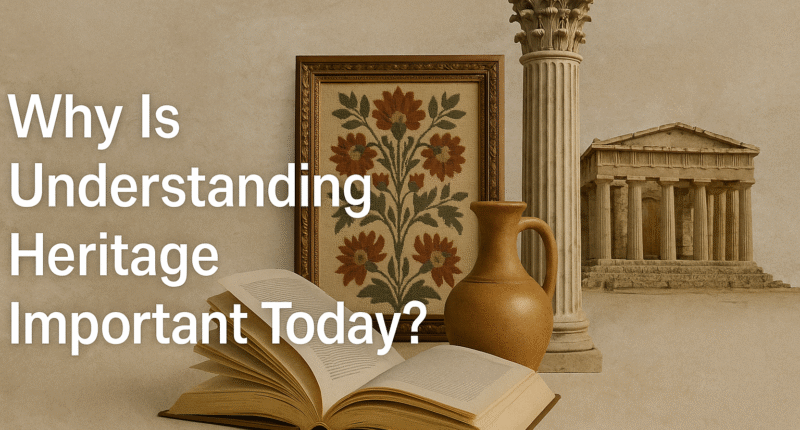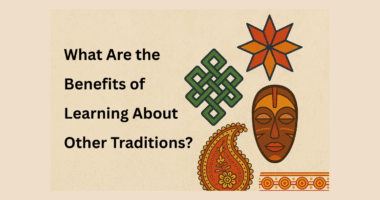Heritage is more than monuments, artifacts, or traditions—it is the story of who we are and where we come from. In a fast-paced and modern world, understanding heritage may seem less relevant, but in reality, it is more important today than ever before. It connects us to our roots, strengthens identity, and fosters unity across communities. Let’s explore why heritage matters in today’s society.
Preserving Identity and Belonging
Strengthening Personal Identity
Heritage provides individuals with a sense of identity. By learning about the customs, values, and stories of our ancestors, we gain insight into our place in the world. This sense of belonging builds confidence and pride.
Passing Knowledge Across Generations
When families and communities share heritage with younger generations, they pass down wisdom and values that help shape character. This continuity keeps traditions alive and meaningful.
Building Respect and Understanding
Encouraging Cross-Cultural Awareness
Heritage allows us to appreciate not only our own traditions but also those of others. By learning about different heritages, people reduce stereotypes and develop respect for diversity. This is essential in a globalized world where cultures interact daily.
Fostering Community Unity
Communities that celebrate their heritage create a sense of togetherness. Festivals, museums, and cultural events strengthen bonds among members while welcoming others to learn and participate.
Contributing to Education and Growth
Expanding Knowledge
Understanding heritage provides valuable lessons in history, art, language, and philosophy. It helps us see how past achievements and struggles influence today’s society. Education rooted in heritage inspires creativity and critical thinking.
Inspiring Innovation
Surprisingly, heritage also drives innovation. Many modern designs, technologies, and ideas are inspired by traditional knowledge and practices. Looking at the past often sparks solutions for the future.
Protecting Heritage for the Future
Preserving Cultural Assets
Today, globalization and modernization sometimes threaten heritage. Preserving landmarks, artifacts, and traditions ensures that future generations can experience and learn from them. Protecting heritage safeguards the richness of human history.
Promoting Sustainable Development
Heritage often holds traditional practices that align with sustainable living—such as farming methods, architecture, or community rituals. By respecting and adapting these practices, societies can grow more responsibly.
Conclusion
Understanding heritage is not about looking backward—it is about shaping the present and future. It strengthens identity, fosters respect for diversity, enriches education, and contributes to sustainable development. In today’s interconnected world, heritage is a reminder of our shared humanity. By valuing and protecting it, we ensure that the wisdom of the past continues to guide us in building a better tomorrow.









